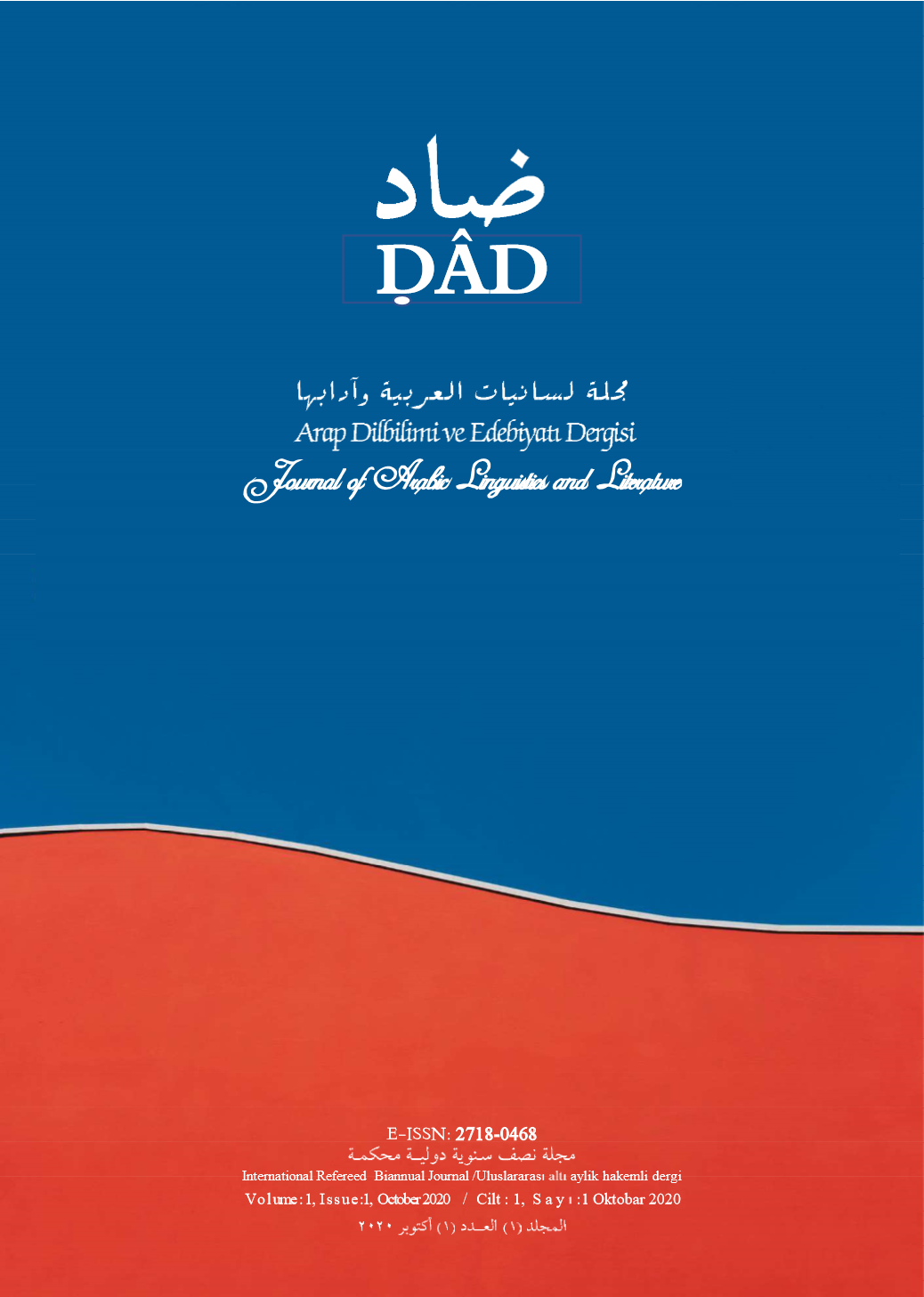
Arap Dilbilimi ve Edebiyatı Dergisi
Yazarlar: ["Paula Winke", "Lizz Huntley", "Susan Gass"]
Konular:-
Anahtar Kelimeler:Incidental vocabulary learning,Eye-tracking,Second language acquisition
Özet: We explored how L2 learners of Arabic make use of video-based captions to learn vocabulary. Thirteen students watched a four-minute captioned video twice on a computer equipped with eye-tracking technology. The study included 19 novel words, 2 familiar words with novel meanings, and 2 words with familiar morphological roots (23 total). In this paper, we focus on one word, bear, and plotted the learners’ visual attention to that word as it appeared on screen. We triangulated the eye-tracking data with an L2 form recall task, a prior vocabulary knowledge scale task, a free-recall task, and a semi-structured interview with stimulated recall. Our conclusion is that Arabic programs should include more captioned-video content both inside and outside of class and at an appropriate proficiency level to help learners with L2 Arabic’s complex form-meaning mapping.